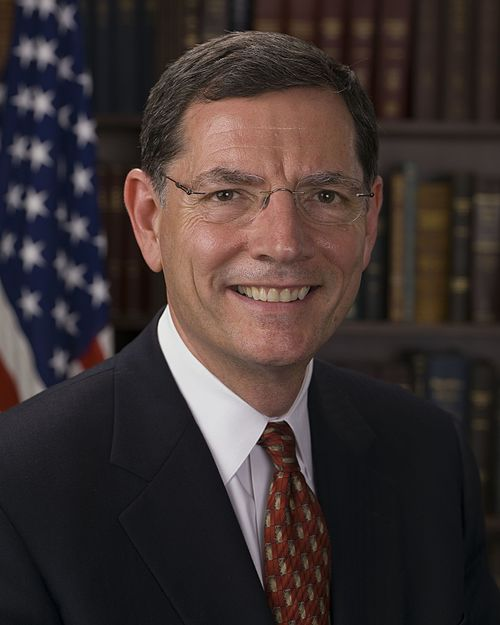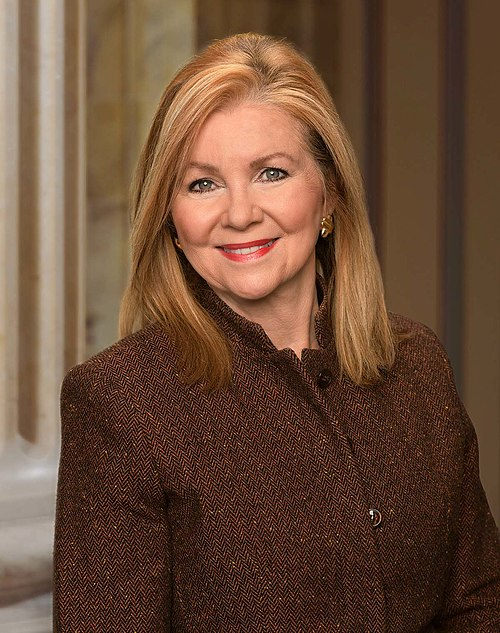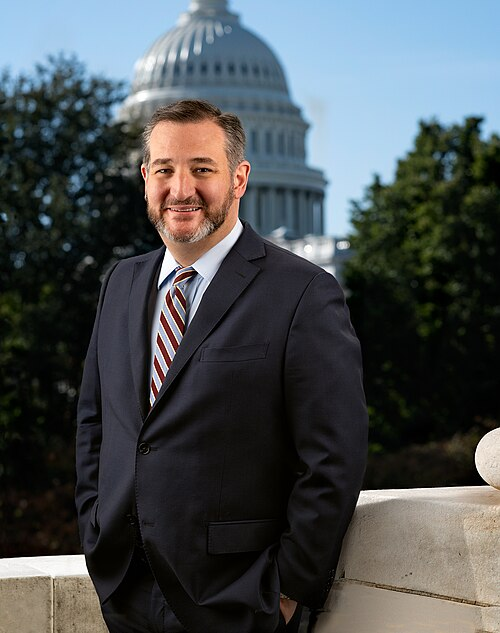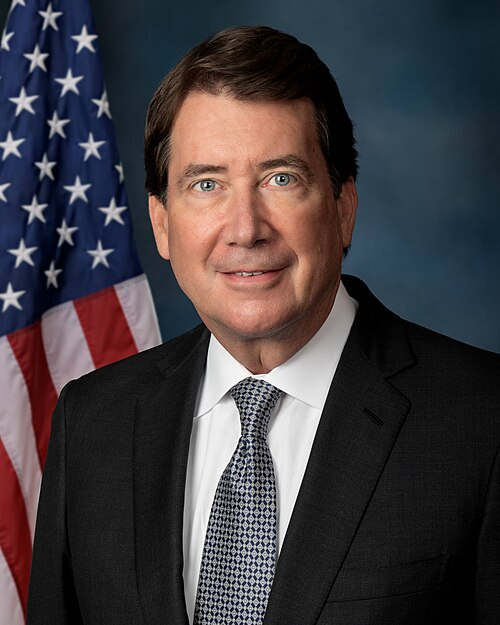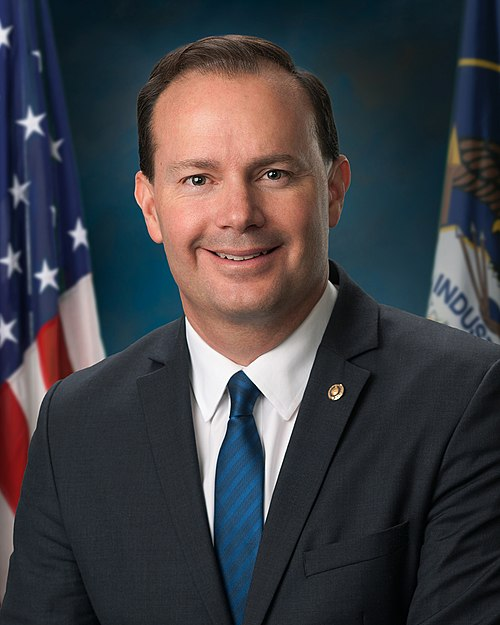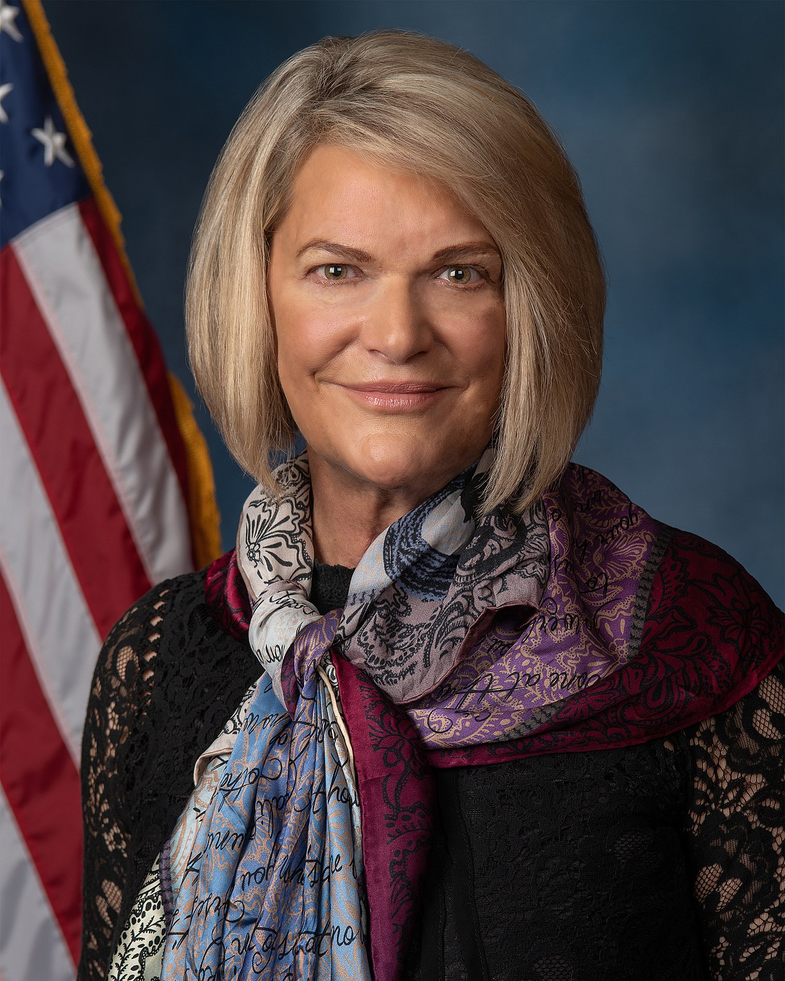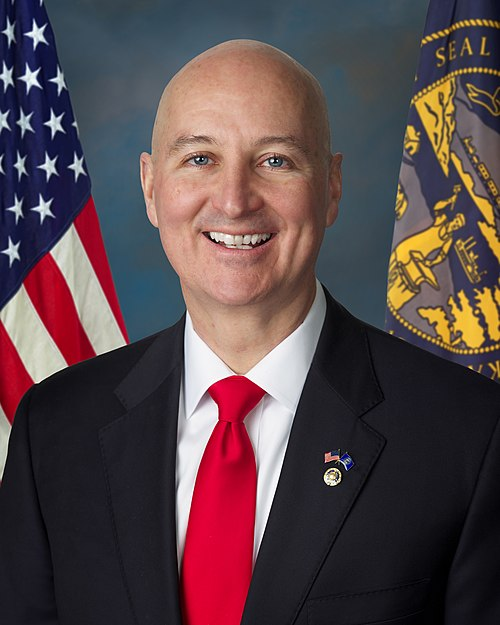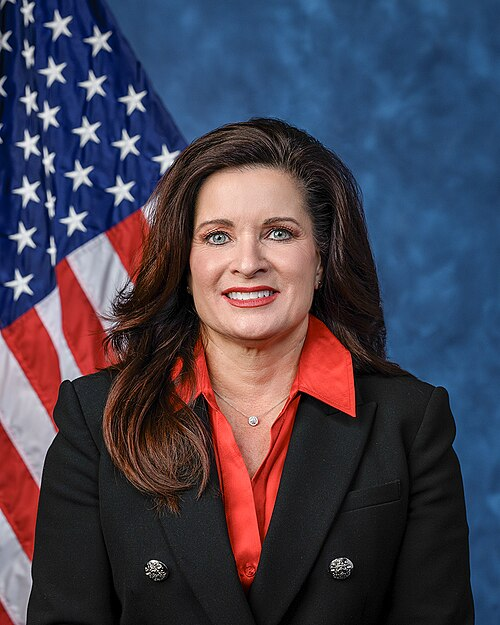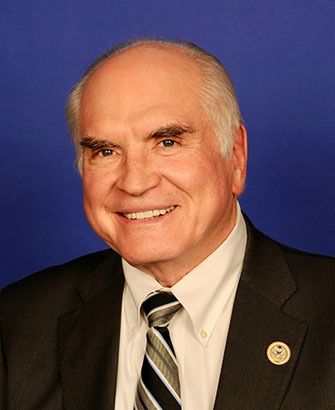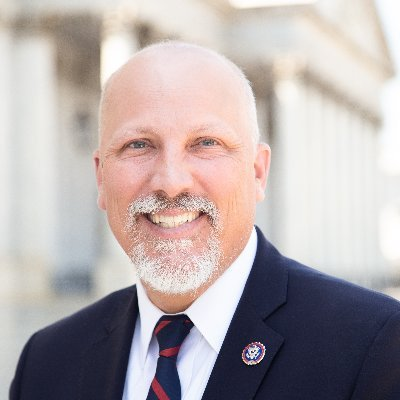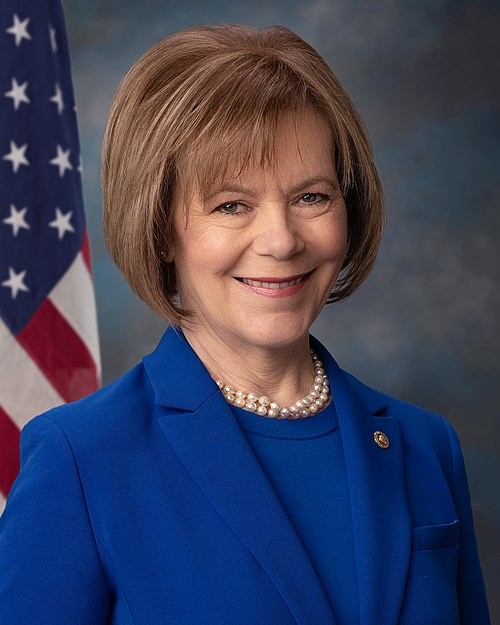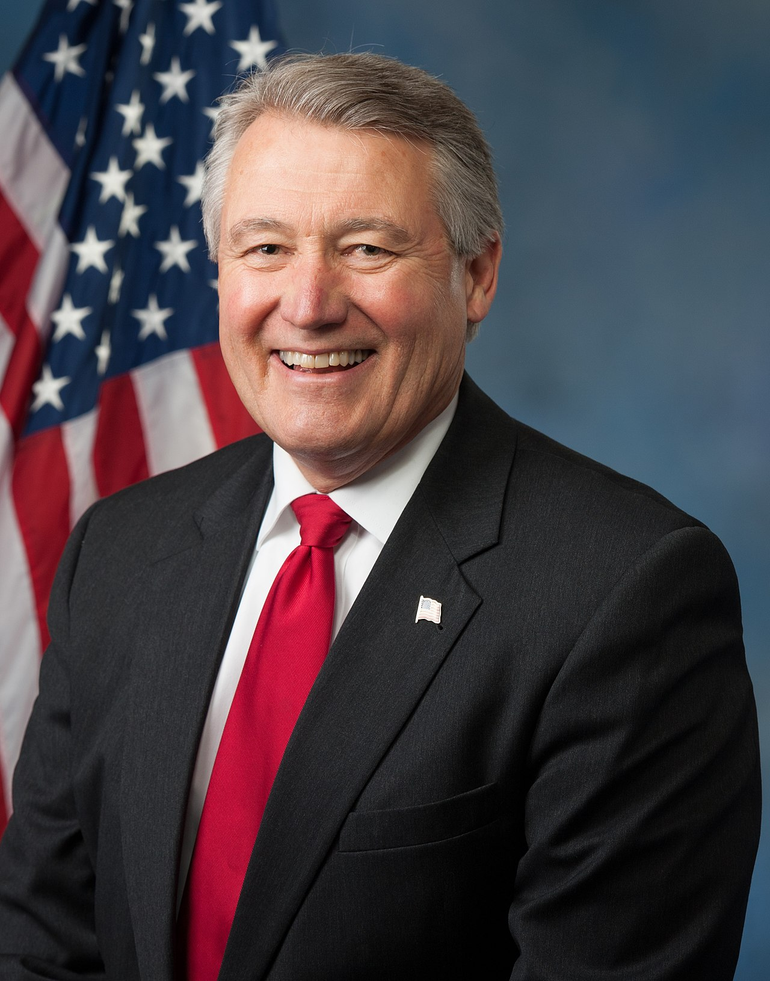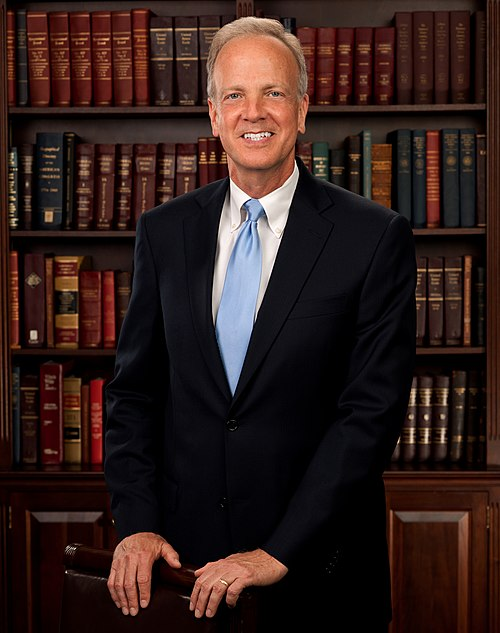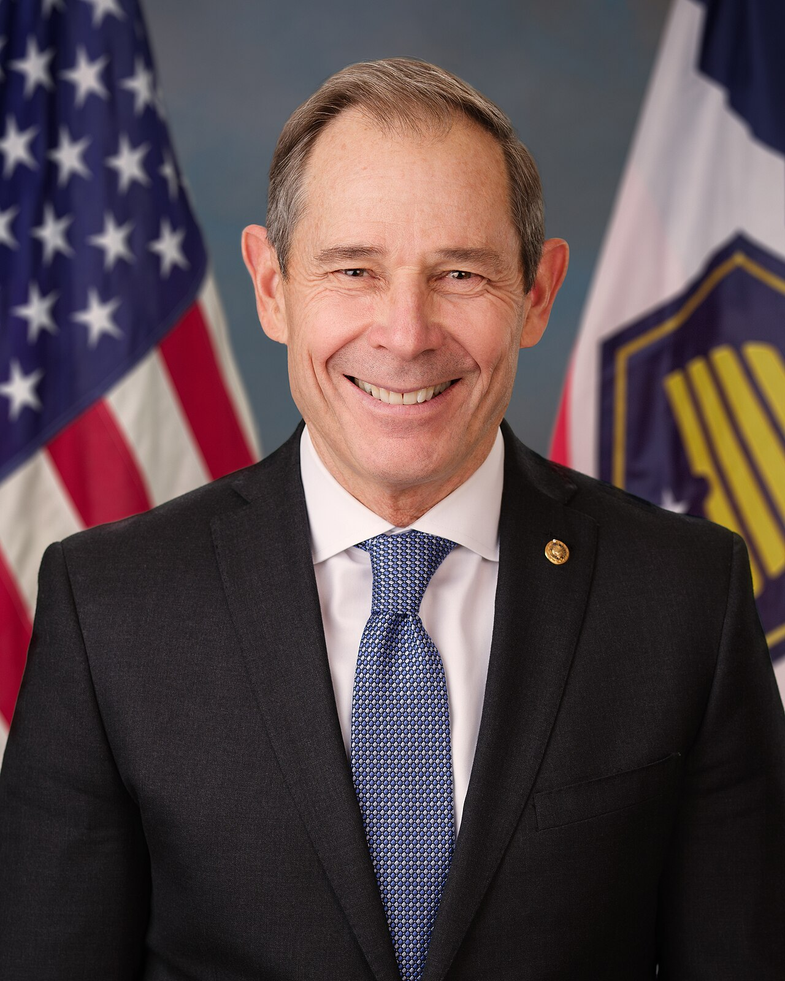S. 1783: Combating Global Poverty Through Energy Development Act
This bill, titled the Combating Global Poverty Through Energy Development Act
, is aimed at enhancing the financing of energy projects in developing countries. Here is a breakdown of its key provisions and goals:
Opposition to Restrictions on Energy Financing
The bill directs the United States Secretary of the Treasury to instruct U.S. representatives at various international financial institutions to do the following:- Oppose restrictions: Actively oppose any rules or guidelines that would limit financing for coal, oil, natural gas, or civil nuclear energy projects.
- Rescind existing rules: Work towards rescinding current restrictions on financing for these energy sources.
Reversal of Policies at the International Bank for Reconstruction and Development
The Secretary must also advocate for policy changes at the International Bank for Reconstruction and Development (IBRD) to reverse:- Restrictions on financing coal power.
- Prohibitions on funding upstream oil and gas exploration.
- Prohibitions on civil nuclear energy projects.
Funding Limitations and Certifications
The bill includes a provision that limits the disbursement of funds to the IBRD. Specifically:- No more than 50% of the funds allocated for the IBRD for fiscal year 2026 and beyond can be used until the Secretary certifies that the IBRD has lifted its prohibitions against financing fossil fuels and civil nuclear energy projects.
Promotion of International Financing for Energy Projects
The bill requires the Secretary, in collaboration with several other federal officials, to identify ways to promote international financing for energy projects, particularly focusing on coal, oil, and natural gas initiatives, to assist developing nations in gaining access to reliable energy.Reporting Requirements
The Secretary is required to submit a report to Congress within 180 days of the bill's enactment and annually thereafter. This report must include:- A list of any restrictions on financing energy projects by international financial institutions.
- A description of efforts made to remove these restrictions.
- Progress made on the steps taken to promote energy financing.
Definitions
The bill provides definitions for several terms, including:- Appropriate congressional committees: The Senate Committee on Foreign Relations and the House Committee on Foreign Affairs.
- Covered international financial institutions: These include major global entities such as the World Bank, the International Monetary Fund, and various regional development banks.
- Secretary: Refers to the Secretary of the Treasury.
Relevant Companies
- XOM (ExxonMobil) - As a major oil and gas company, ExxonMobil could see increased opportunities for investments in projects that align with coal, oil, and gas financing supported by this bill.
- CVX (Chevron) - Similar to ExxonMobil, Chevron may benefit from expanded financing options for oil and gas exploration in developing markets.
- NEE (NextEra Energy) - As a player in renewable energy, NextEra may face competition with an increased focus on fossil fuels, especially in regions shifting energy policies towards these sources.
This is an AI-generated summary of the bill text. There may be mistakes.
Show More
Sponsors
7 bill sponsors
Actions
2 actions
| Date | Action |
|---|---|
| May. 15, 2025 | Introduced in Senate |
| May. 15, 2025 | Read twice and referred to the Committee on Foreign Relations. (text: CR S2953-2954) |
Corporate Lobbying
0 companies lobbying
None found.
* Note that there can be significant delays in lobbying disclosures, and our data may be incomplete.
Potentially Relevant Congressional Stock Trades
Estimated excess return of the underlying stock since the transaction
